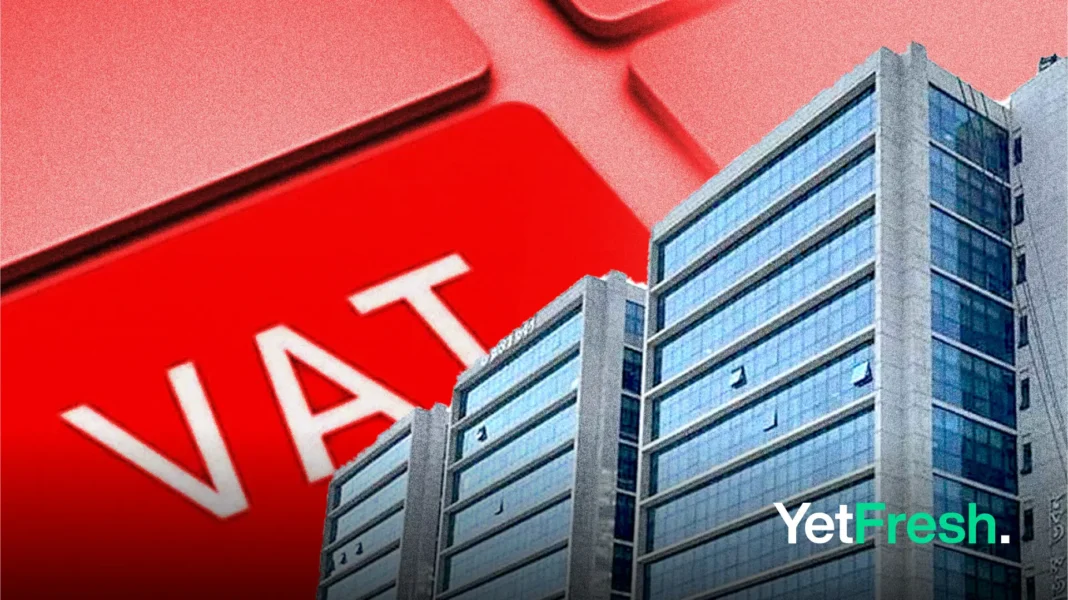Summary:
- Bangladesh’s interim government has increased VAT and supplementary duties on over 100 items, raising rates from 5-7.5% to 15% on essential services including restaurants, clothing, and mobile services.
- The tax reforms, implemented through two presidential ordinances on January 9, 2025, aim to meet IMF loan conditions and increase the country’s tax-to-GDP ratio by 0.6%.
- Key affected items include restaurant bills, branded clothing, mobile services, fruits, tobacco products, and travel taxes, directly impacting daily consumer expenses.
- The measures were implemented through ordinances due to the absence of parliament, following approval from the Chief Advisor and President after receiving recommendations from NBR.
The interim government of Bangladesh has implemented sweeping tax reforms by increasing Value Added Tax (VAT) and supplementary duties on more than 100 goods and services through two presidential ordinances issued on January 9, 2025.
The tax hike, which took immediate effect following directives from the National Board of Revenue (NBR), will significantly impact daily consumer expenses. The VAT rate has doubled or tripled for many essential items, with most services now subject to a uniform 15% rate.
Key Changes in VAT Rates:
- Restaurant bills: increased from 5% to 15% for AC restaurants
- Branded clothing outlets: raised from 7.5% to 15%
- Non-AC hotel services: doubled from 7.5% to 15%
- Sweets and confectioneries: increased from 7.5% to 15%
New Supplementary Duties:
- Fruit juice imports: increased from 20% to 30%
- Tobacco products: raised from 60% to 100%
- Betel nut: elevated from 30% to 45%
- Liquor bills: increased from 20% to 30%
The reforms also introduce turnover taxes for smaller businesses with annual turnovers between Tk 3 million and Tk 5 million. Businesses exceeding Tk 5 million in annual turnover will face a 15% VAT on all transactions.
Air travel costs will also rise with new excise duties. Domestic flight taxes increase from Tk 500 to Tk 700, while international travel taxes see similar hikes, with trips to Europe and America facing duties up to Tk 4,000.
These tax reforms come as part of Bangladesh’s $4.7 billion loan agreement with the International Monetary Fund. The measures aim to increase the tax-to-GDP ratio by 0.6% in the current fiscal year.
“The government needs funds. That is why initiative has been taken to increase revenue by increasing VAT and duty on various commodities and services. This will somewhat add to the pressure of expenses on the middle and higher middle class,” stated Mustafizur Rahman, CPD distinguished fellow.
The ordinances were issued in lieu of parliamentary approval, as the country currently lacks sitting MPs. The NBR expects these measures to help meet IMF conditions while expanding the country’s tax base.
Source: Dhaka Tribune




